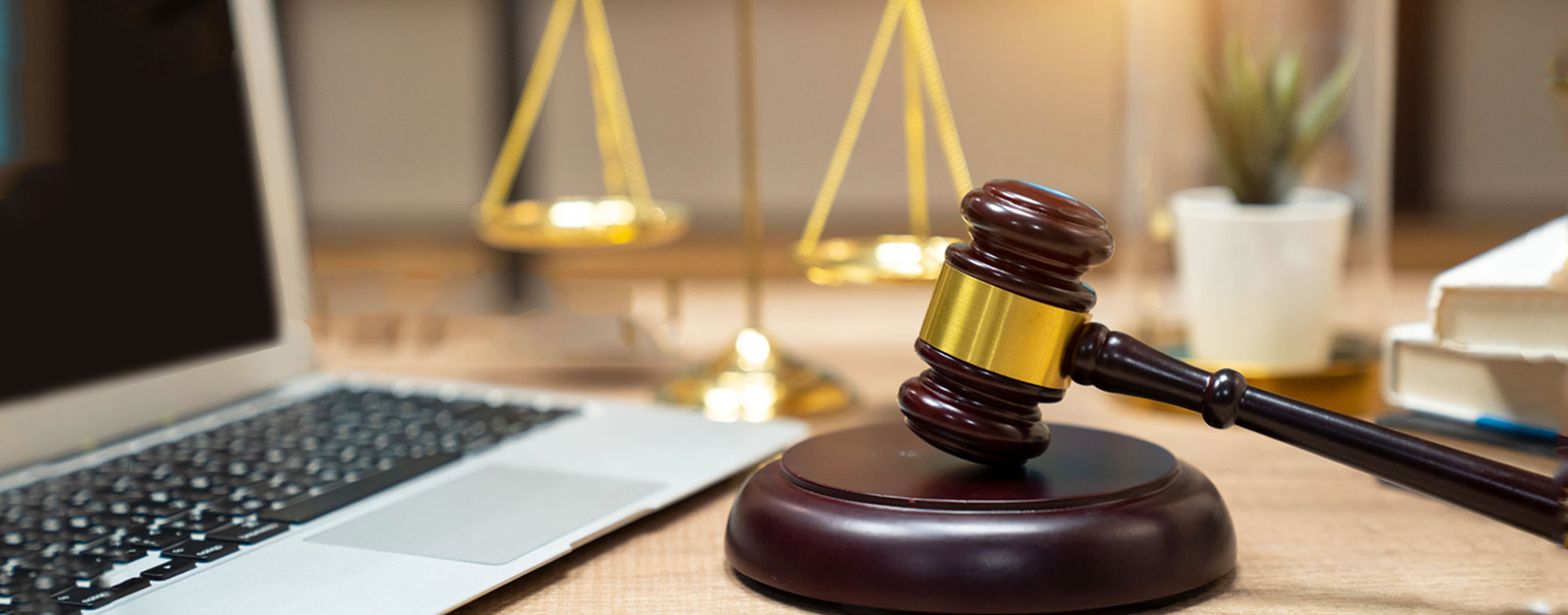
Human rights are set out and protected in law—international treaties, national constitutions, and many other laws set out key human rights protections and guarantees. Human rights advocates try to have these laws enforced, including by taking cases to court.
But a court is not necessarily a rights-friendly venue. Costly delays, obstructive procedural rules, legal chicanery, and unsympathetic judges may individually or in combination mean even the most compelling cases of injustice are dismissed. The risks of failure are even higher in countries where the judiciary’s full independence and impartiality is in doubt. Judges may be wary of upholding rights when repressive and/or discriminatory laws enjoy wide support and are championed by politicians.
Still, experience in many countries shows there are real victories to be won in court. The question is when to seek justice through the courts, and – beyond success or failure in an individual case—what might be achieved by litigating rights? What might be lost? As discriminatory policies gain greater political support, will the courts be a bulwark to protect human rights, or is it naïve to expect judicial rulings will stem the populist tide?
Human rights are set out and protected in law—international treaties, national constitutions, and many other laws set out key human rights protections and guarantees. Human rights advocates try to have these laws enforced, including by taking cases to court.
But a court is not necessarily a rights-friendly venue. Costly delays, obstructive procedural rules, legal chicanery, and unsympathetic judges may individually or in combination mean even the most compelling cases of injustice are dismissed. The risks of failure are even higher in countries where the judiciary’s full independence and impartiality is in doubt. Judges may be wary of upholding rights when repressive and/or discriminatory laws enjoy wide support and are championed by politicians.
Still, experience in many countries shows there are real victories to be won in court. The question is when to seek justice through the courts, and – beyond success or failure in an individual case—what might be achieved by litigating rights? What might be lost? As discriminatory policies gain greater political support, will the courts be a bulwark to protect human rights, or is it naïve to expect judicial rulings will stem the populist tide?